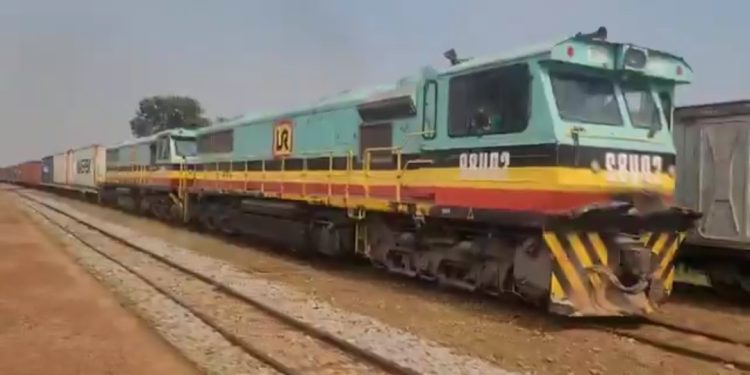Uganda has emerged victorious in a protracted $2.3 billion international legal battle after a London-based arbitration tribunal dismissed all claims filed by investors in Rift Valley Railways (RVR) over the now-defunct Meter Gauge Railway (MGR) concession.
The final award, delivered on July 22, 2025, marks a decisive win for Uganda in a high-stakes dispute that had threatened to undermine its infrastructure policy and investment integrity.
“Uganda consistently maintained that it was not in breach of its contractual obligations,” the Ministry of Justice and Constitutional Affairs said in a statement. “RVR’s mismanagement, underperformance, and failure to meet agreed freight volume targets and maintenance commitments led to the concession’s termination.”
What Was at Stake
The arbitration was triggered on April 2, 2020, under the UNCITRAL Arbitration Rules (2010), with hearings taking place in March 2024 before a three-member panel seated in London. RVR Investments (Pty) Ltd and KU Railways Holdings Limited, the claimants, accused Uganda and Kenya of violating concession agreements by allegedly failing to harmonize railway operations and policies in the East African region.
Their argument centered on the claim that the development of the Standard Gauge Railway (SGR) undermined their long-term investments in the older Meter Gauge Railway system, a network they had been contracted to rehabilitate and operate. They alleged the governments concealed intentions to phase out the MGR while encouraging further RVR investment—accusations that the tribunal ultimately rejected.
Tribunal Ruling: Uganda Not at Fault
The tribunal not only cleared Uganda of any wrongdoing but also ruled that the termination of its concession agreement with RVR was legally justified due to RVR’s poor operational performance.
“This award underscores Uganda’s firm position that the termination of the Concession was lawful, justified, and necessary to protect a critical national infrastructure asset,” the Ministry added.
The panel awarded the Government of Uganda $3.6 million (USD 3,668,519.25) in legal costs and £200,369.11 in arbitration fees, sending a strong signal in favor of responsible asset management and accountability in public-private partnerships.
Uganda’s Legal Team and Defense
Uganda was represented by the Attorney General’s Chambers, in collaboration with international legal experts from Curtis, Mallet-Prevost, Colt & Mosle LLP, and local firm K&K Advocates. Their joint legal strategy focused on demonstrating that the government acted within the terms of the concession and that RVR failed to fulfill its performance obligations.
A Closure to a Contentious Chapter
The case brings closure to a decade-long controversy surrounding the failed public-private concession that once promised to revive regional rail transport. The Meter Gauge Railway, an aging backbone of East Africa’s transport system, had been handed over to RVR under hopes of modernization and increased freight movement—hopes that quickly soured due to mismanagement and unmet targets.
Looking Ahead: A Message to Investors
In the wake of the ruling, Uganda has reaffirmed its commitment to transparent investment partnerships, while making clear that underperformance in managing public assets will not be tolerated.
“This award affirms Uganda’s legal and policy stance on defending national infrastructure assets and upholding transparent investment frameworks,” the Ministry said.
The ruling is seen as a major precedent in East Africa’s infrastructure space, reinforcing the need for accountability and alignment with national development goals in all concession agreements.














